Not just a few but quite a number of foreign clients who bought goods from China complained about their Chinese sellers defrauding or otherwise defaulting under their purchase contracts, and when they tried to go after the Chinese exporters for damages or compensation, they found themselves unsure which entity or company they should sue.
The Tricks and Traps
It is very commonplace for Chinese manufacturers in inner China provinces to set up a trading company (selling arms) in Shanghai or Shenzhen, the Internationa trade frontiers. Legally speaking under Chinese laws, the manufacturer company and the trading company are two independent, though affiliated, legal persons at law, and they should assume their respective liabilities arising from contracts they entered respectively.
That said, if the prima invoice or purchase order issued by the foreign buyers to one entity (either manufacturer or the trading entity) shall only legally bind that entity, as a matter of contract law, the so called contract privity principle. You cannot easily attach liabilities to both entities unless you have some other legal grounds such as piercing the corporate veils (possible to get affiliated sister company to assume joint and several liability), which is however very difficult to prove and establish in judicial practice.
The trick and trap is like this: the manufacturer and trading entities are generally set up by the same shareholders (could be different but affiliated one way or another), and they are both presented on Alibaba or their websites and they use the same group of staff representing both entities to their counterparts easily making unwary foreign buyers to believe they are actuall the same company.
The problem is that when any problem arises in connection with the sale contract or PI concluded with the trading company, they find that the trading company has no asset and may be on the verge of insolvency which means that the foreign buyer may end up getting nothing from the seller or having to commence more legal proceedings in China to go after the manufacturer. This legal complexity will definitely chill foreign buyer’s enthusiasm of seeking justice in China.
Another trick that is often used by Chinese exporters or sellers is their use of a Hong Kong company as the seller with foreign buyers while goods are still shipped from within the mainland China. There is a practical and understandable reason of using such a Hong Kong company by Chinese exporters: keep their profits in Hong Kong to enjoy the lower tax rate and free flow of foreign exchanges there.
China mainland still has very strict foreign exchange control over the money flow across borders and in the meantime, China mainland applies a 25% percentage of income tax to its enterprises, much higher than that of Hong Kong, so smart Chinese businessmen often set up a trading company in Hong Kong (often BVI, Cayman Islands as well) first and use this Hong Kong company to enter into sale contract with foreign buyers who shall of course pay the contract price into the account opened with a bank in Hong Kong. Then this Hong Kong company will sign another purchase contract with the seller in China, so by this triangle trading practice, the main profits will be left and kept in Hong Kong.
The same problem, which is actually more acute, for foreign buyers will arise if there is any dispute in relations to the international trade. The foreign buyer will have to deal with two different legal jurisdictions (China mainland and Hong Kong Special Administrative Region), which can be insurmountable challenge to them.
Legal Solution Addressing the Problem
(1) there is a dispute already
If such a dispute involving two companies with one face has arose already, then as a practice tip, you sue both companies (whether they are located in two jurisdictions or not) at Chinese courts and try to argue and prove your case of having both companies assume joint and several liabilities in relation to the dispute.
Yes, it is difficult as described above but it is not that you will always end up running your head against the brick wall, and it could be a wall of glass, and you break it.
We do notice that in the past, a local court in Zhejiang province, China’s export powerhouse, did uphold the claim of the foreign party that the two companies (one in China mainland and the other one in BVI, both controlled by the same person, using the same business address and personnel) shall be jointly liable for paying the commission due to the fact that the mixtures and commingling have confused the counterpart.
The court didn’t go into details expounding its reasoning and logic of ordering the two affiliated companies to assume joint and several liability, a common feature of China court judgments.
So there is a hope here that the other courts may follow suits.
(2) Precautions to avoid such risks
For those foreign buyers of Chinese goods, be cautious with your proforma invoice or purchase order or purchase contract making sure your contract can bind the party that has the deep pocket. It is advisable to ask both companies to be your counterpart to the contract or request one party to guarantee the performance of the contract by the other party.
In this regard, you may wish to have legal professional help to improve your contracts and other arrangements with your Chinese sellers.
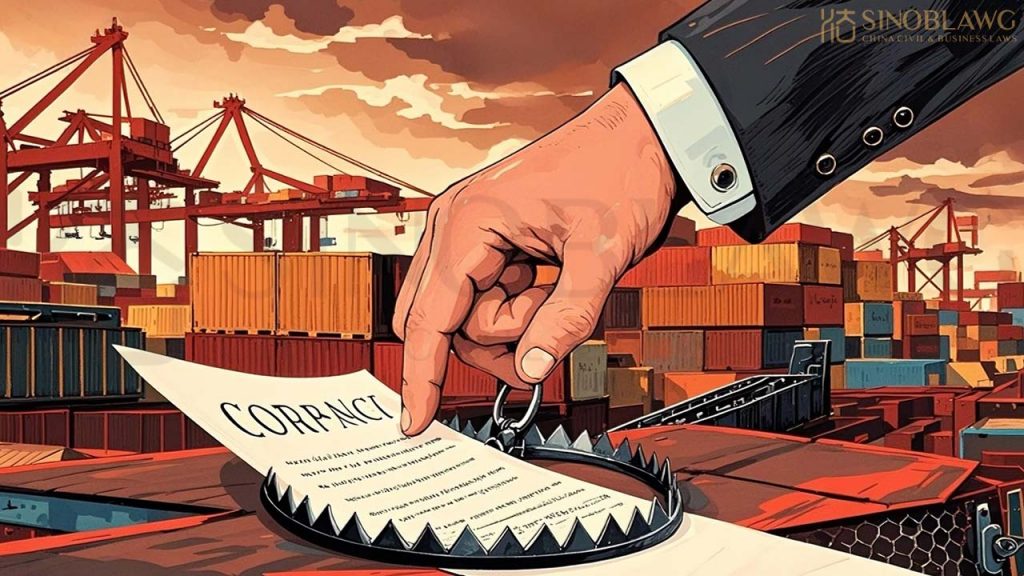


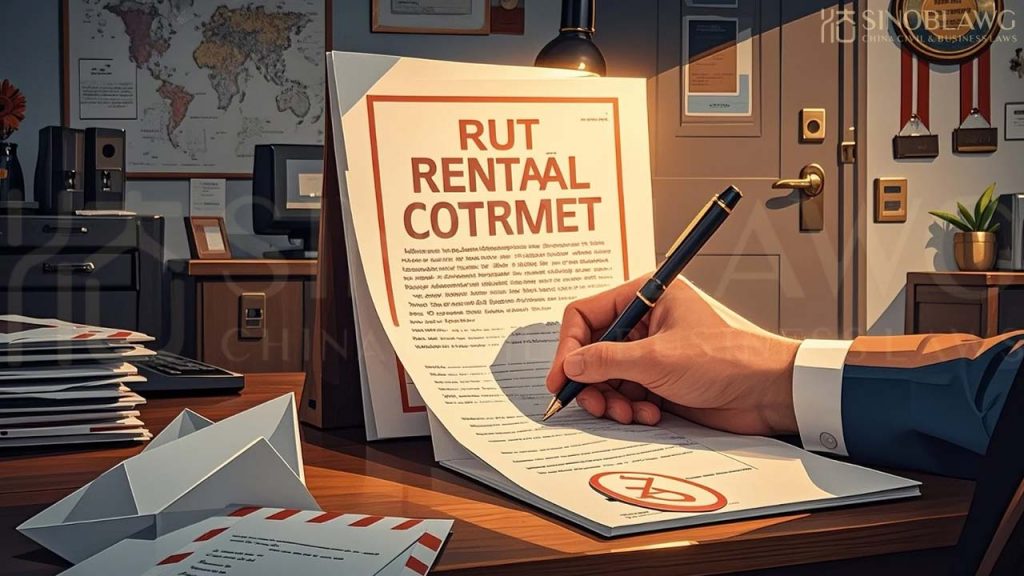
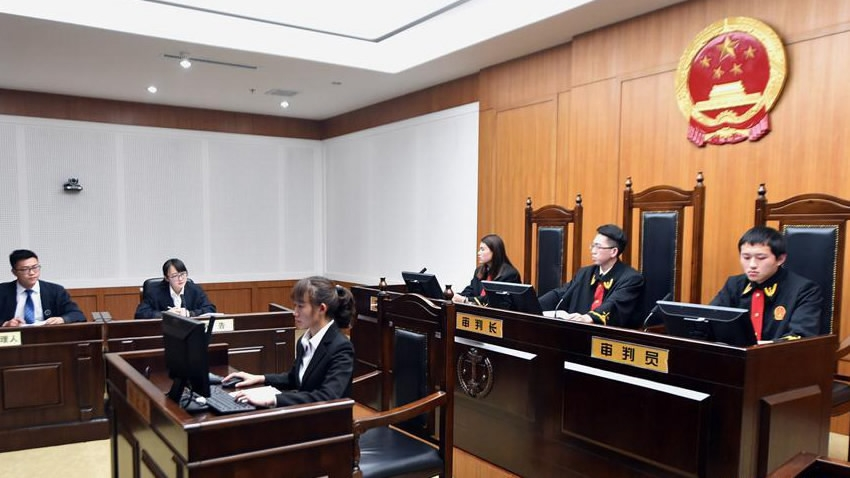
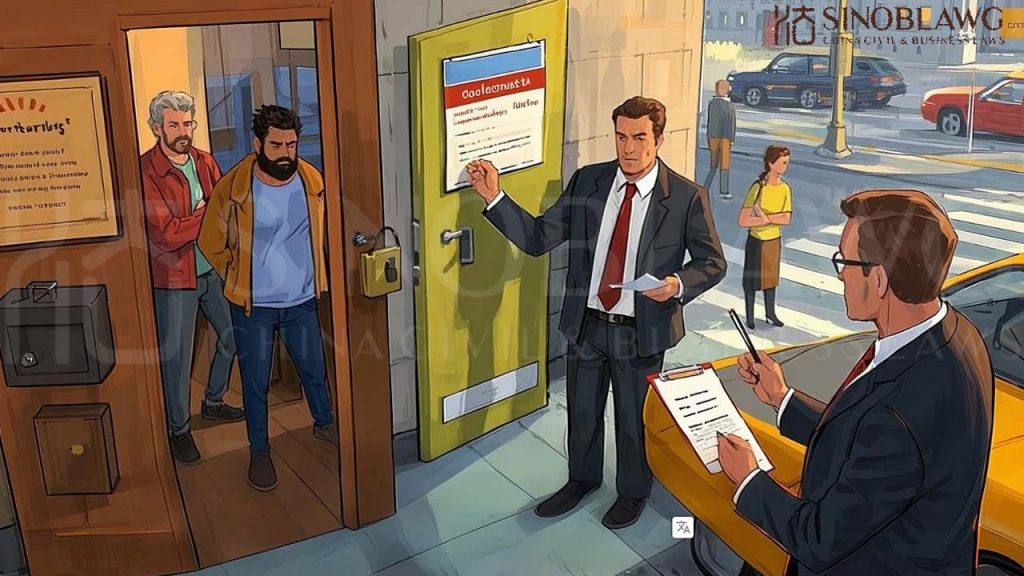
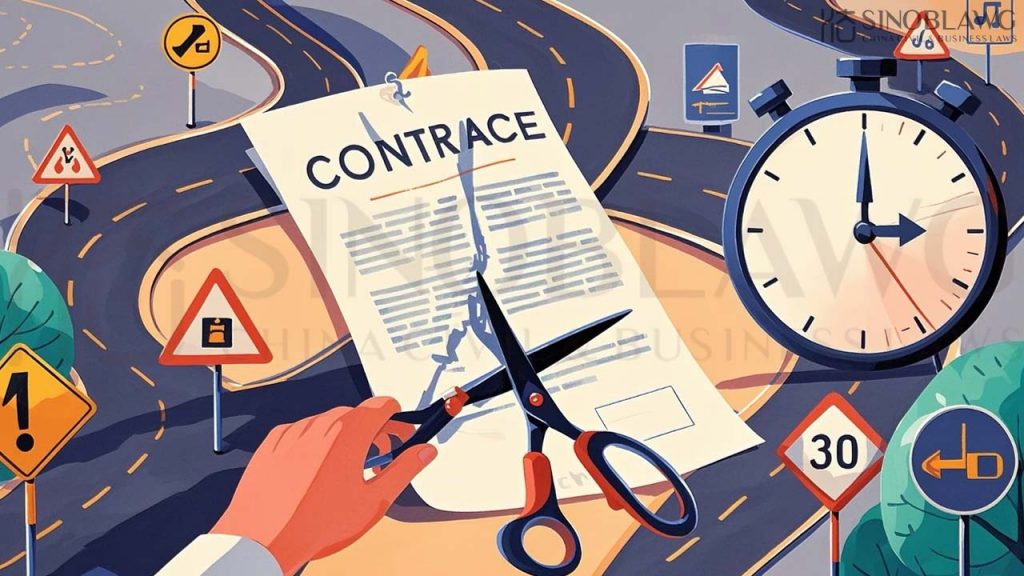

Comments